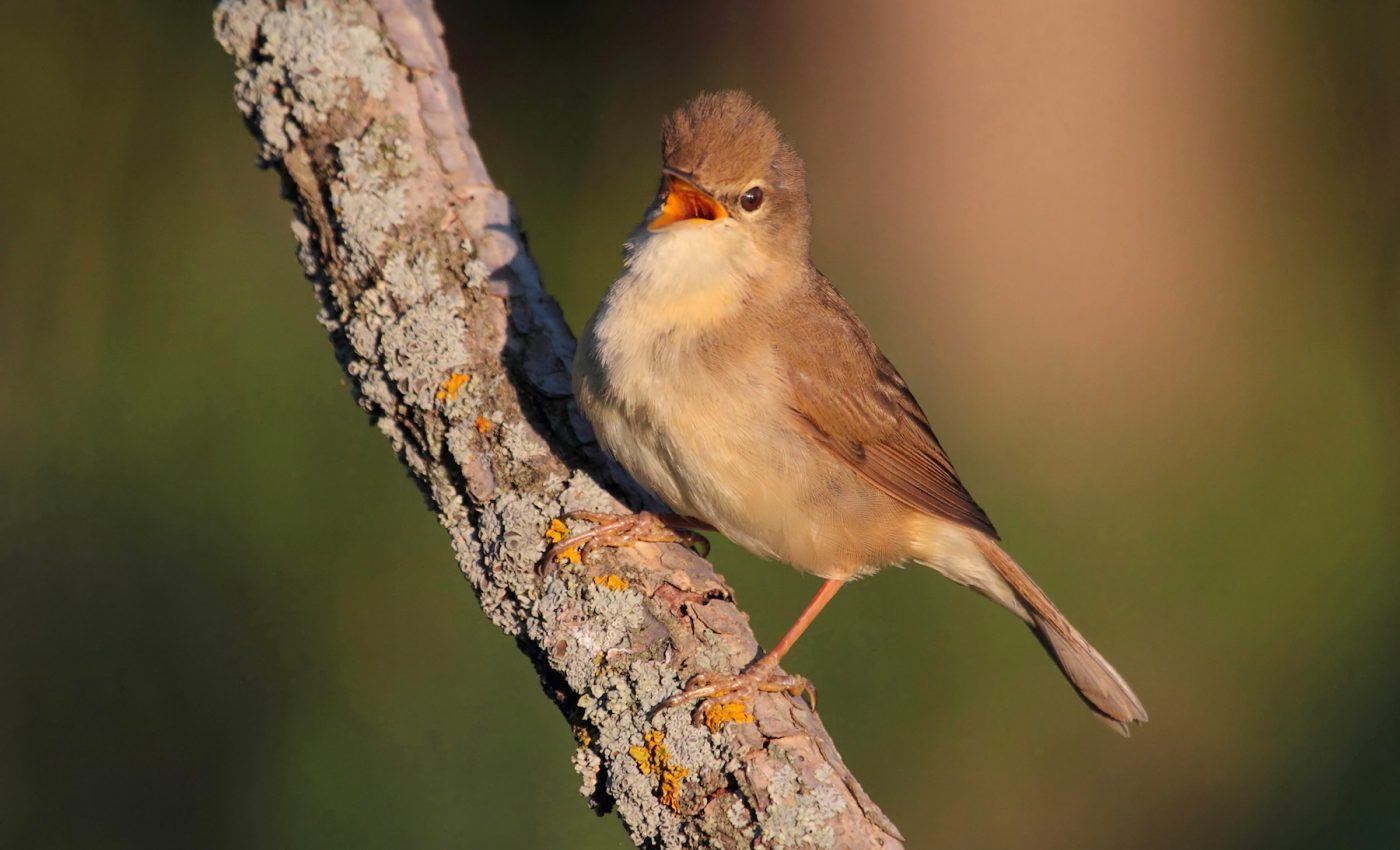
During long migrations birds will risk their safety for a nap when needed
During long migrations, birds will risk their safety for a nap when needed. Most songbirds have to make rest stops to recharge and build up their energy during long migrations. In a new study, researchers have discovered that the birds essentially risk their lives for some good sleep when they need it the most.
According to the study authors, birds that are low on fat reserves will tuck their heads under their feathers for deeper sleep. Even though this is a more restful sleeping position, it slows their reaction to the sound of danger.
On the other hand, birds who did not need sleep as badly were found to sleep with their head facing forward, untucked, and more alert.
“We discovered that migratory birds trade off safety for lower energy expenditure,” said lead author Leonida Fusani. “If they sleep with their head tucked in the scapular feathers, they enter a sort of deeper sleep that is associated with lower energy consumption but exposes them to a higher predation risk.”
“Consequently, birds in good condition sacrifice some energy to sleep more safely with the head untucked, whereas birds in poor condition sacrifice vigilance to save energy while sleeping unsafely tucked in.”
The researchers wondered how small migratory songbirds cope with sleep deprivation. To investigate, they analyzed the sleeping patterns of Garden Warblers at a stopover site in the Mediterranean.
At night, the Garden Warblers in poor physical condition slept with their head turned and covered in their feathers. The researchers demonstrated that this behavior is associated with lower respiratory and metabolic rates. By tucking their heads, the birds lose less heat.
While conserving their energy, however, the birds became much less vigilant. For example, when the sleeping birds were exposed to the sound of crunching leaves, the birds with covered heads were slower to respond than birds whose heads were facing forward.During long migrations, birds will risk their safety for a nap when needed
“We did not expect to find such a strong difference between the two sleeping postures in terms of metabolic rate – the amount of energy required to fuel the bird’s physiological functions,” said study co-author Andrea Ferretti.
“Although there was good reason to think that birds reduce heat loss by tucking their heads in their feathers, we were surprised to see that they actually reduce their alertness when sleeping in this position.”
The findings suggest that migratory songbirds may benefit from stopover habitats that not only provide sufficient food, but which are also conducive to undisturbed sleep, said Fusani.
The team will continue to study the physiological basis of birds’ decision making during migration. “Migratory songbirds appear to be very well suited for studying the role of sleep in both brain and body maintenance,” said Ferretti.
The study is published in the journal Current Biology.
—
By Chrissy Sexton, Earth.com Staff Writer
Image Credit: Shutterstock/PavlovaSvetlana













